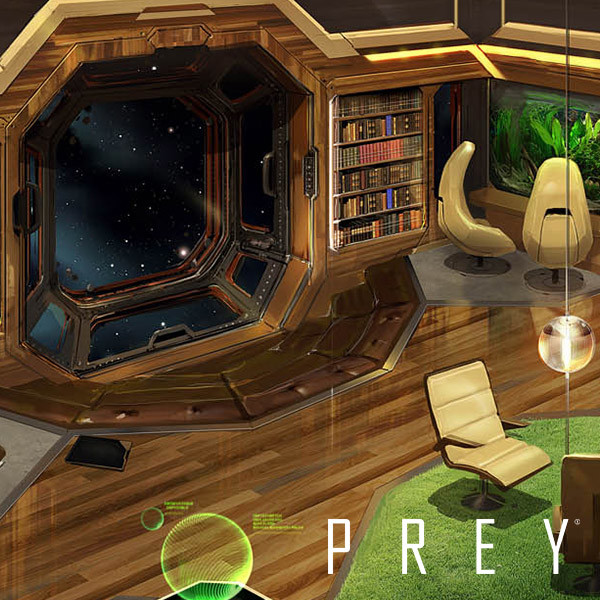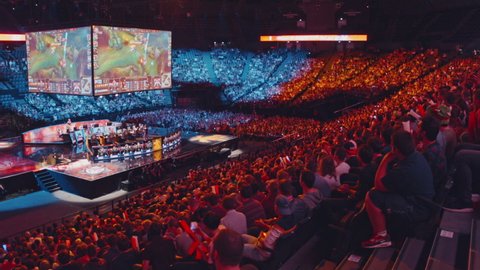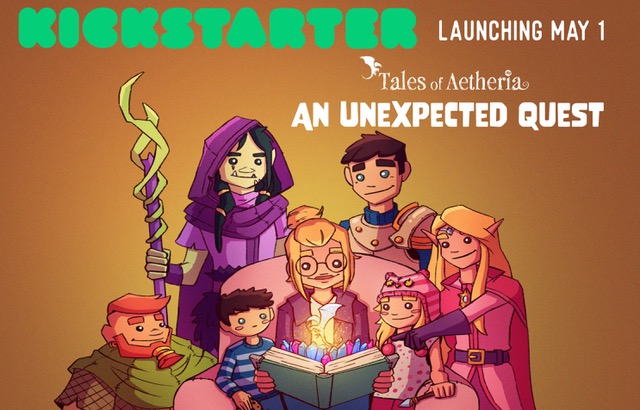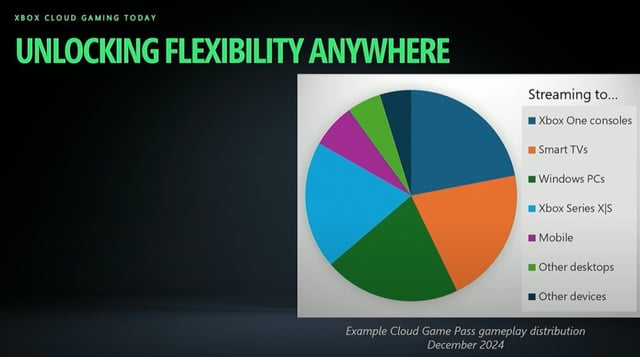The Xbox Bethesda Layoffs: A Potential Turning Point for PC Game Development?

The chill wind of corporate restructuring continues to blow through the gaming industry. The recent layoffs at Xbox and Bethesda in January 2024, a consequence of Microsoft's acquisition of Activision Blizzard and a re-evaluation of its gaming strategy, have sent ripples throughout the community. Beyond the immediate human cost, which is undeniably the most important consideration, these cuts raise serious questions about the future of PC game development, the types of games we'll see greenlit, and the creative autonomy afforded to studios like Arkane. The cancellation of unannounced projects and the formal end of support for Redfall are not isolated incidents; they're symptoms of a deeper strategic shift.
The Lay of the Land: A Quick Recap
The news broke in late January: Microsoft was laying off 1,900 employees across its gaming divisions, including Xbox, Bethesda, and Activision Blizzard. While layoffs are unfortunately commonplace in the volatile tech industry, the scale and the studios affected have understandably caused concern. What's particularly troubling for PC gaming enthusiasts is the implied shift away from certain types of games, particularly single-player, narrative-driven experiences that have historically thrived on the platform. The death knell for Redfall, with its promise of continued support abruptly cut short, serves as a stark example.
The Game Pass Imperative: Chasing Recurring Revenue
The driving force behind these changes appears to be Microsoft's increasing focus on Game Pass and the need to demonstrate its value to shareholders. According to industry analyst Michael Pachter, Microsoft's gaming division faces increasing pressure to deliver consistent revenue streams, potentially leading to a shift away from riskier, single-player titles. In essence, the priority becomes games that drive long-term engagement and subscription retention.

This raises a crucial question: what kind of games best fit this model? The answer, unfortunately, leans heavily towards live service games with endless content loops, multiplayer experiences designed for ongoing engagement, and titles that can be monetized through in-game purchases. While these games certainly have their place, the potential consequence is a reduced investment in the kinds of unique, single-player games that have defined PC gaming for decades.
Arkane: A Legacy at Risk?
The impact of these changes is perhaps most acutely felt at Arkane Studios, particularly Arkane Austin. The studio, known for its critically acclaimed immersive sims like Dishonored and Prey, delivered Redfall, a game that failed to meet expectations and ultimately contributed to the studio's restructuring.
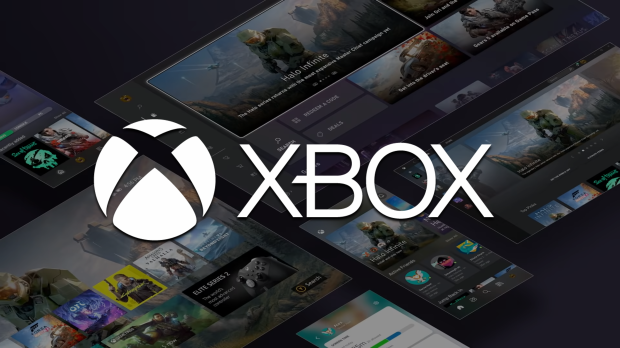
The failure of Redfall raises concerns about Arkane's future creative direction. Will they be allowed to pursue the kinds of ambitious, narrative-driven games that made them famous, or will they be pressured to conform to Microsoft's Game Pass-centric strategy? Will the immersive sim, a genre so beloved by PC gamers, become a relic of the past? Arkane’s legacy has always been PC-first, and Redfall's stumble casts a long shadow on their future within Microsoft's ecosystem.
A Developer's Perspective: Interview with Alexei Volkov
To gain a deeper understanding of the situation, we spoke with Alexei Volkov, a former level designer at Arkane Austin who worked on Prey and was recently laid off. Alexei is now pursuing his passion for immersive sims through an indie project funded via Kickstarter.
Introduction: Alexei Volkov is a veteran game developer with experience at Arkane Austin, where he contributed to the critically acclaimed Prey. Following the recent layoffs, Alexei is now embarking on an independent journey to create a new immersive sim for PC gamers.
Question 1: “Alexei, can you describe the atmosphere at Arkane Austin in the months leading up to the layoffs? How did the Redfall reception affect morale?”
Alexei Volkov: "The atmosphere was...tense. Redfall didn't land the way we hoped, and that definitely created a sense of uncertainty. People were proud of the work they did, but there was a palpable disappointment and a feeling that things were changing."
Question 2: “What are your thoughts on Microsoft’s decision to end support for Redfall and shift focus away from similar projects? How does this affect the PC gaming landscape?”
Alexei Volkov: "It's a real shame. Redfall had potential, and it's disheartening to see it abandoned. More broadly, if big publishers are hesitant to invest in unique, narrative-driven experiences, it could lead to a homogenization of the PC gaming landscape. We risk losing the variety and innovation that make PC gaming so special."
Question 3: “Tell us about your new indie project. What kind of game are you hoping to create, and why are you targeting PC gamers?”
Alexei Volkov: "I'm working on a project called Project Aetheria, a first-person immersive sim set in a retro-futuristic city. I'm targeting PC gamers specifically because they're the most receptive audience for this genre. They appreciate the depth, the player agency, and the intricate world-building that immersive sims offer. I want to create a game that feels both familiar and fresh, a love letter to the classic PC games that inspired me."
Conclusion: Support Alexei's dream of creating a new immersive sim by visiting his Kickstarter campaign at Kickstarter.com/ProjectAetheria
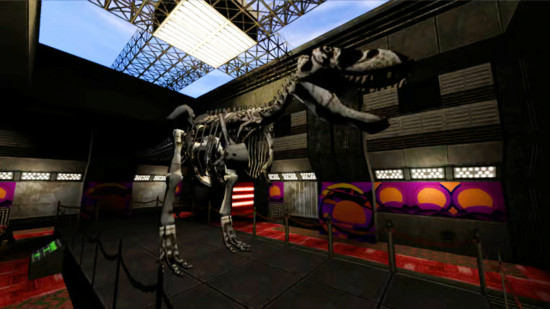
The Human Cost: Ethical Implications
Beyond the potential impact on game genres, it's crucial to acknowledge the human cost of these layoffs. The gaming industry, despite its glamorous image, is notorious for its precarity. Game developers often face long hours, intense pressure, and the constant threat of job loss, particularly after high-profile project failures. The Redfall debacle is a stark reminder of this reality. These are talented individuals with passion and skills, and their displacement has a ripple effect throughout the industry.
The Future of PC Gaming: A Fork in the Road?
The layoffs at Xbox and Bethesda represent a potential turning point for PC game development. While Microsoft's commitment to Game Pass is undeniable, the long-term consequences for the diversity and innovation of PC games remain to be seen. Will we see a decline in single-player, narrative-driven experiences in favor of more commercially "safe" options? Will studios like Arkane retain their creative autonomy?
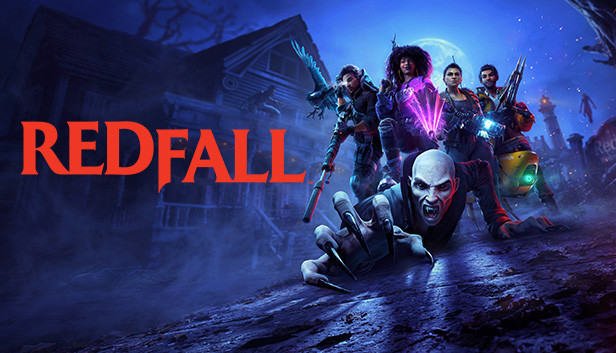
Only time will tell. But one thing is certain: the future of PC gaming, and the careers of those who create it, feels more uncertain than ever. It's up to us, as players and consumers, to support the kinds of games we want to see and to advocate for a more sustainable and ethical industry.
